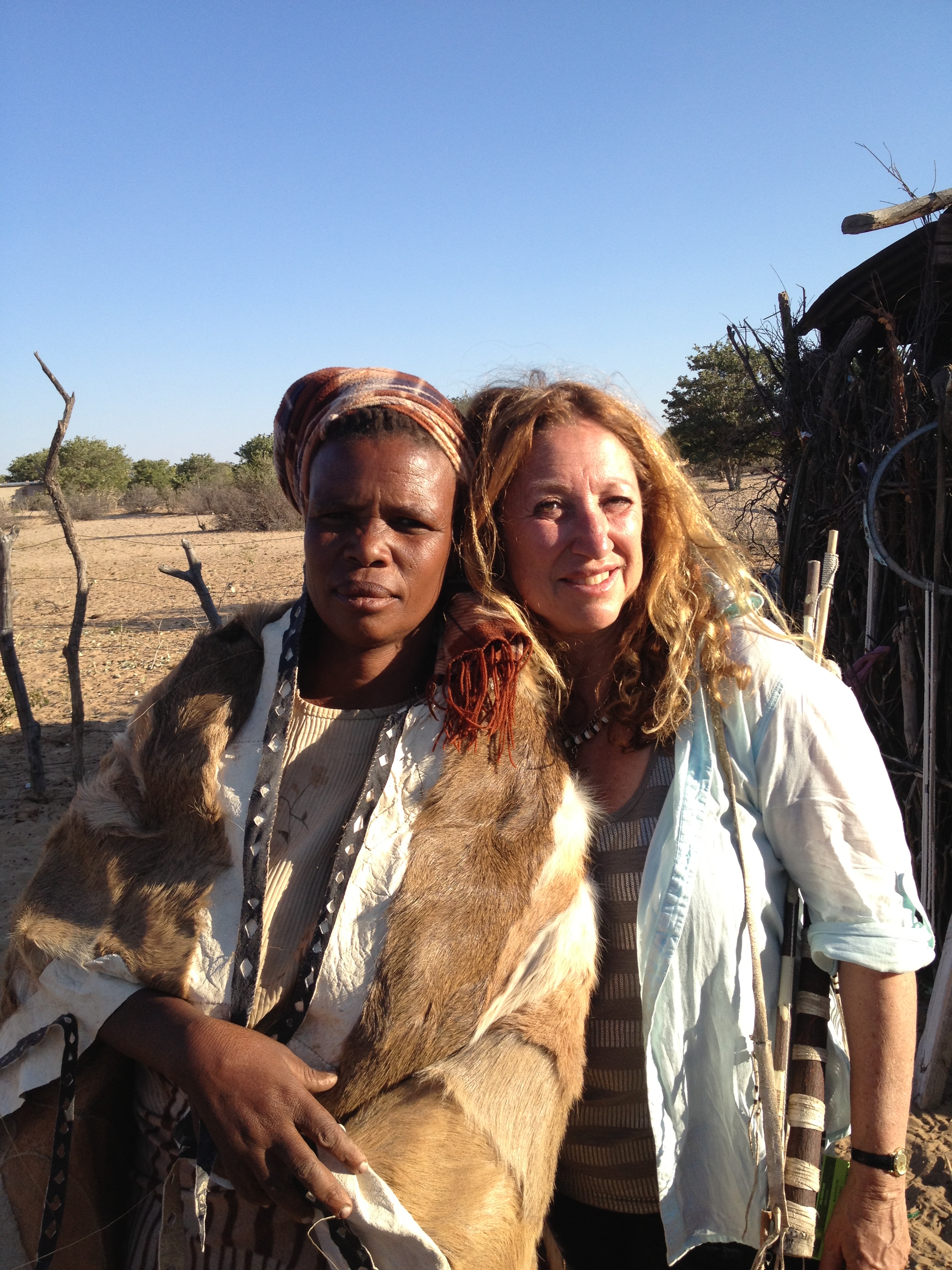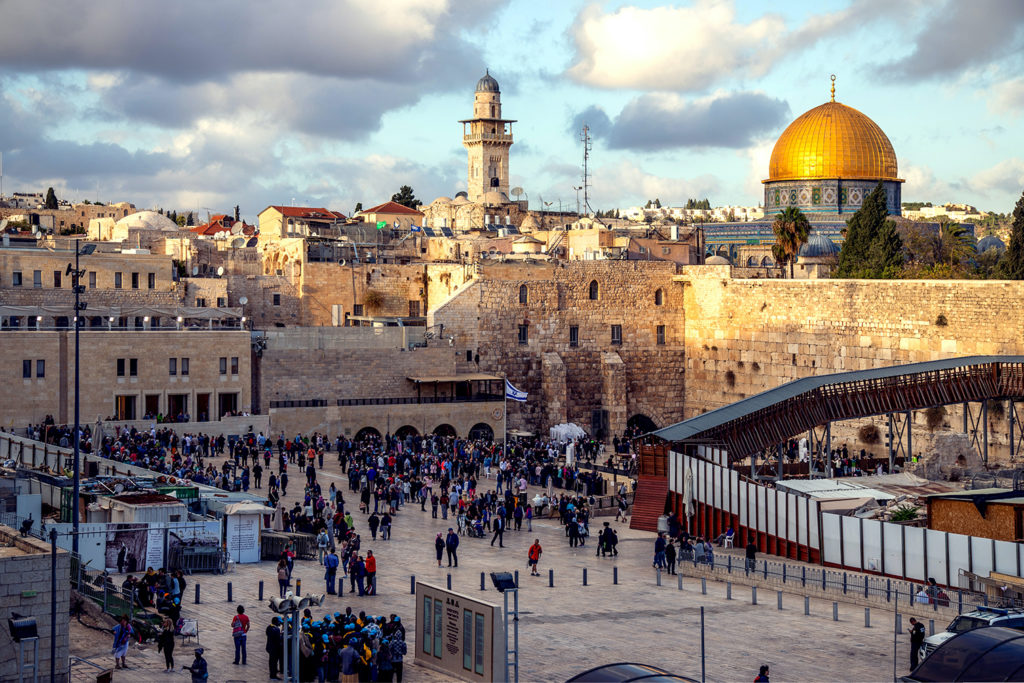Despite their differences, both of these holidays tell profound stories of movement from limitation to spiritual expansion.
In Judaism at the Passover Seder, we remember what it was like to be enslaved, and we recite the steps that were needed at the time the Israelites fled from slavery in Egypt, through the desert, towards freedom in the land of milk and honey. Every year at the Passover Seder table, Jews pray that next year, they too will be in Jerusalem.
At Easter we tell of the persecution of Jesus by those who misunderstood what he was preaching at the time of the Romans in Jerusalem, and end the story with his resurrection beyond bodily form as a symbol and possibility of eternal liberation.
There is no coincidence Jerusalem is a player in both of these stories. For centuries, the city has held a significant place, not only for Judaism, Christianity and Islam (which also venerates Jesus as a prophet) but in the world imagination as well.
And the reason is very profound. It is not just a city name, but a name that has a deep spiritual meaning. It literally means the ‘place of Peace,’ and on an even deeper level, it means ‘the place of Wholeness.’
Therefore, at the Passover Seder when we prayer for “Next year in Jerusalem, “we are not necessarily meaning that we would like to visit the Old City, it’s markets and Holy sites, but more importantly, we pray to be in an enlightened state of awareness and wholeness. It is how we enter the consciousness of the messianic age.
Preaching in the Holy land, and ending his human journey in Jerusalem, this was the spiritual message that Christ invited his followers to embrace. To find, and live, the truth as emissaries of global Peace and Love. Of Wholeness.
My prayers and Blessings at this time when the world is demanding that we rest, reflect, enjoy nature and acknowledge our interconnectedness, is that we focus on what is truly important and come closer to our inner Jerusalem.


